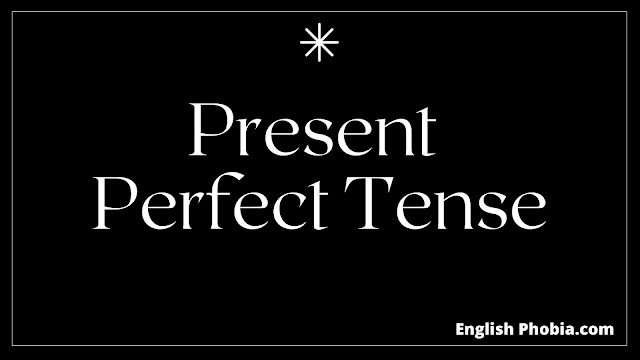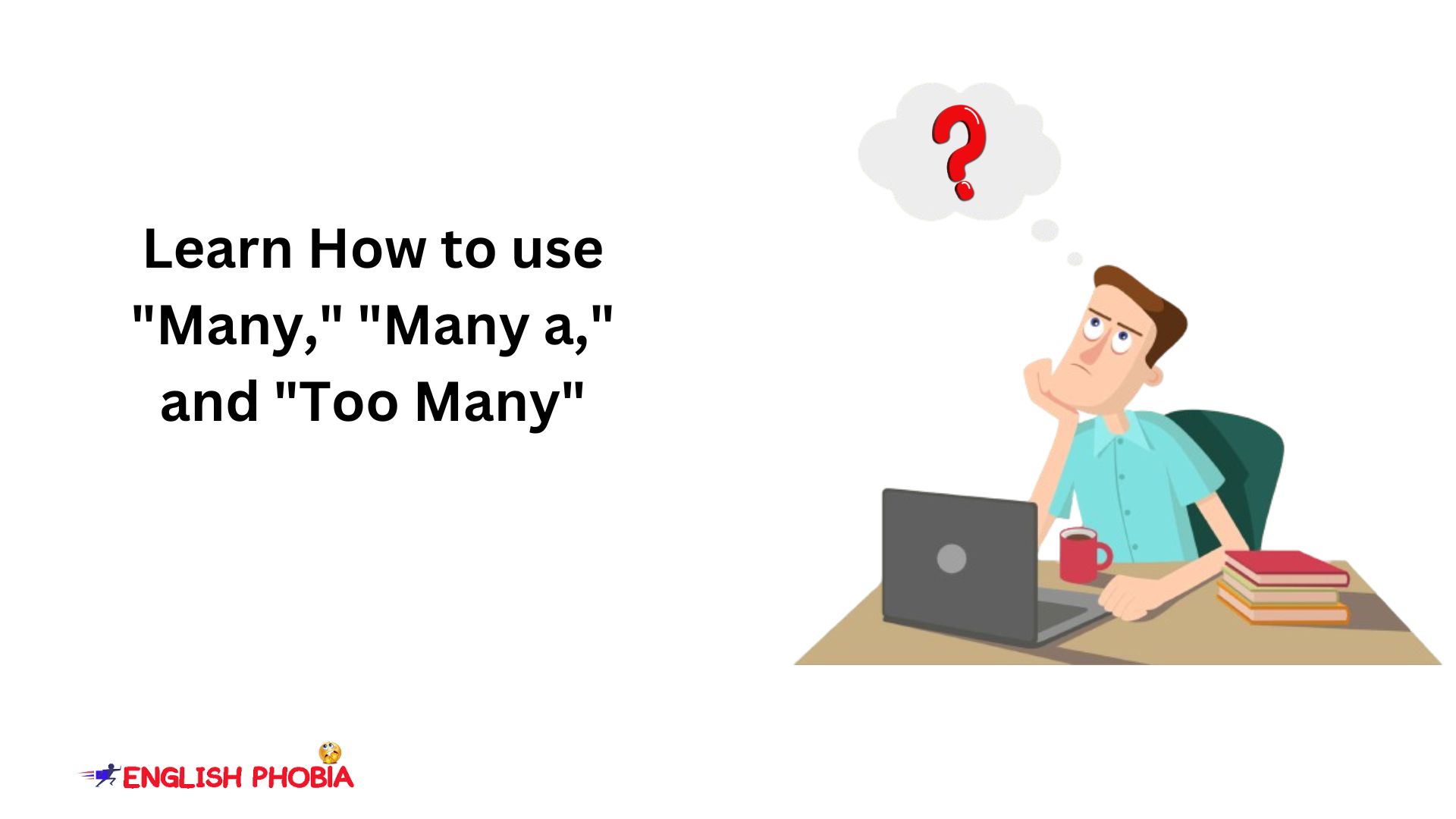There are many parts of tenses but unlike the present indefinite tense, the present perfect tense itself is perfect and keeps its significance alone. This tense is used when the action is perfectly acted out recently.
When you have done any action recently, which tense is to be used in such a case? There are several positions where the present perfect tense must be used. In our today’s article, we would surely learn Present perfect tense rules and issues with detailed examples.
Formation of the tense with various subjects
|
Subject |
Helping Verb |
Action verb |
|
I |
Have |
V3 |
|
We, You, They |
Have |
V3 |
|
She, He, It |
Has |
V3 |
|
Singular |
Has |
V3 |
|
Plural |
Have |
V3 |
In this tense, we often speak of the actions that have taken place recently,
Types of sentences wherein the present perfect tense is used. We use certain adverbs to indicate them in sentences that leave a recognizable impact for beginners to catch them.
Note:- We always use the past participle in the present perfect tense which is also commonly known as V3. In case you have no idea about the types of verbs, here are a few to show you. The last V3 you need to use in this tense.
V1 V2 V3
Go went gone
Come came come
Cut cut cut
Study studied studied
Buy bought bought
Adverbs For Present Perfect Tense
(Yet, as yet, just, just now, already, recently, lately, frequently, so far, for since, this morning, ever, never, once, twice, thrice, always, several times, up to now, and up to the present, etc.)
These are the adverbs that you can see in the sentences or can use in your own sentences. These adverbs are very crucial for competitive exams whomsoever is preparing for these exams, must take these Rules down for further practice or revision.
Here are the types of sentences wherein these different uses are going to be used.
1. Affirmative: the affirmative are simple sentences used as a statement to give an answer or describe something.
(Subject + Has / Have + V3 + object)
Example -:
A.P.J. Kalam has amalgamated a great name and fame in the field of aeronautics engineering as a rocket scientist.
2. Negative: the negative sentences show a disagreement from a speaker’s end for something. These sentences contain adverbs to show negation in the sentences so that the reader can easily find out it. These are not, never, seldom, rarely, barely, or neither nor, few, etc.
[Subject + Has / Have + Not + V3 + object]
Example -: I have not understood this theory even after being explained several times in class.
3. Interrogative: you can answer with an affirmation or a negation but when it comes to asking something to something. How can you raise questions?
For this task, you need question formation that comes under the interrogative sentences. The questions are formed using the type of pronoun which interrogative pronoun words such as What, When, Why … etc.
(Interrogative pronoun + Has / Have + Subject +V3 + object?)
Example -:
How many grammar lessons have you learned completely?
4. Negative Interrogative: Negative interrogative questions consist of two types of sentences one is a negative sentence and another is an interrogative sentence that comes together to form a sentence. This requires an exact answer with a bit of explanation for a question.
(W.H.F. words + Has / Have + Subject + not + V3+ Object?)
Example -: Why hasn’t she finished her work and slept by now?
Present perfect tense rules
1. Recent action -: the first and foremost use of present perfect tense is that it describes a recent action that has been completed recently.
Example
:- Neeraj Chopra has won the gold medal in the Olympics in men’s javelin throw and created an adamant record for others.
:– The Taliban attack has made the Afghanistan army surrender and give them charge of the country.
2. Past action -: In this use, we describe actions that took place in the past but can be defined with the sources available at the time.
Examples
:– I have worked for this company for several months.
:- The Defence Research and development organization (DRDO) has provided the county a vivid recognition amongst the world countries.
3. Untimely actions -: there are certain actions that don’t have any specific time period hence these are used in the present perfect tense.
Examples
:- We have already applied for our enrollment in the master of arts in the highly demanding colleges.
:– Some employees have not received their salary yet due to covid19.
4. Significant actions -: some actions took place in the past but still have importance.
Examples
:- My family has visited one of the seven wonders The Taj Mahal.
:– They have helped their domestic helper numerous times.
5. Past started actions till now -: we have several actions that we started doing in the past and still continue them. These types of sentences are used in the present perfect tense.
Examples
I have taught at the Success Mirror more for than 4 years.
She has known more for almost 3 years.
Millions of people have been ill due to Coronavirus across the world.
6. With after / When -: We often use after / when to make an antecedent assumption of a future action wherein the present perfect tense is used.
Examples
- After he has finished his course at Harvard University, he will apply for the post of data analytics.
- When she has finished her work, she will talk to me.
7. With Since or For:- these actions are also used with since and for adverbs of time. These words help them show the actions that took place in the past but still manage their continuity anyhow.
Use of For
For is used for a period of time and shows an unspecific starting time for the actions.
For four hours For several days
For some weeks For three years
Use of Since
Since is used to show a point of time and shows a specific beginning time for the actions.
Since 6’ o clock since childhood
Since the morning since 15th August 1947
Since Monday since February
Examples
:- The boys have been practicing for the Indian army physical for several months.
:– The teacher has been educating us since 1st November 2019.
:- I have been working in this company for more than 1 year and 9 months.
:- The children have been going to schools since their childhood.
I hope that you have surely learned the multiple uses of the present perfect tense by now. For personal introspection, here is the Present Perfect tense Exercise for you to examine your learning progress yourself and comment on the answers for the same.
1. Rahul _______ (finish) his work by now.
2. They ________ (watch) DDLJ movie several times.
3. The children ______ (leave) studying after school closes.
4. I ___ not ____ (eat) anything since morning.
5. She ____ just ____ (start) working in this company.
In case you don’t the verbs, kindly take help from the below help box.
V1 V2 V3
Finish Finished Finished
Watch Watched Watched
Leave Left Left
Eat Ate Eaten
Start Started Started












1. Has finished
2. Have watched
3. Have left
4. have not eaten
5. Has started